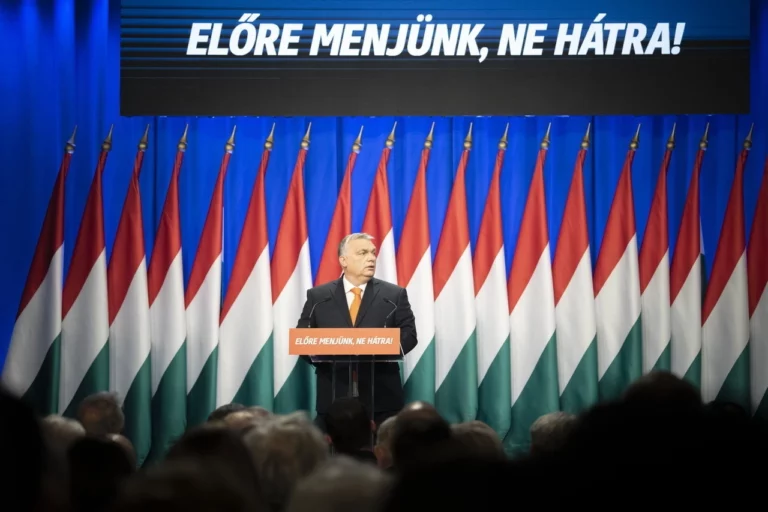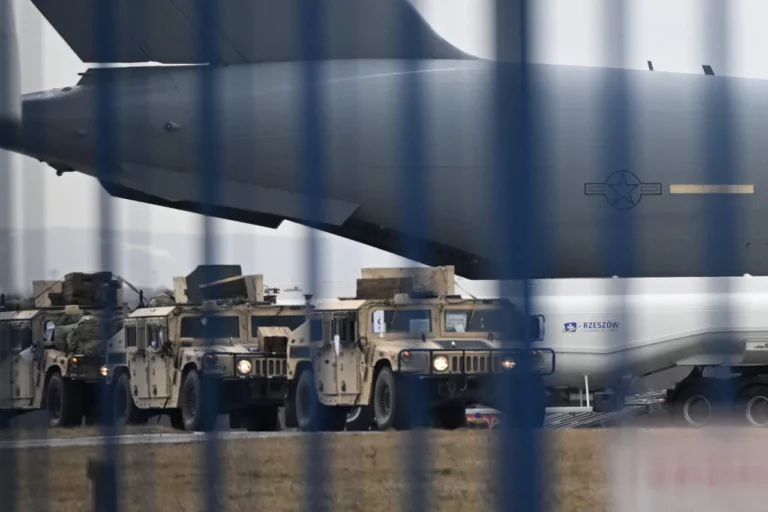military
Servicemen in East Hungary undertaking humanitarian, military tasks – PHOTOS

Hungarian troops continuously arriving in East Hungary

PM Orbán: Security of Hungarians most important

Opposition condemns Russian attack, calls Orbán NATO’s unreliable ally – UPDATED

Are Hungarians living in Ukraine separatists?

Russian attack against Ukraine: here is Hungary’s response

NBC: US soldiers sent to Hungary due to the Russian-Ukrainian conflict

Hungarians living in Ukraine prepared for a Russian attack!

Rare: Poland represented Hungary’s interests on Russia-Ukraine crisis summit
Will Hungary take sides if Russia attacks Ukraine?

Will Hungary send soldiers to fight in Ukraine?

What would the Hungarian armed forces do if Russia attacked Ukraine?

Defence minister: “we cannot predict Russia’s intentions”

PM Orbán: “Ukraine’s independence and viability a vested Hungarian interest”

Armed forces chief: Hungarian army ready to protect country
The Hungarian armed forces chief has said the army stands ready to protect the Hungarian people should circumstances warrant it....
Hungary’s Prime Minister Orbán: Russia-Ukraine war “must be avoided”
Prime Minister Viktor Orbán said in a speech on Saturday: "A war between Russia and Ukraine must be avoided". Addressing...
Hungary sends troops to Bosnia and Herzegovina

Minister: we do not want more NATO troops in Hungary – UPDATED





 ZH
ZH IT
IT DE
DE HR
HR NL
NL FR
FR JA
JA RO
RO RU
RU ES
ES TR
TR
